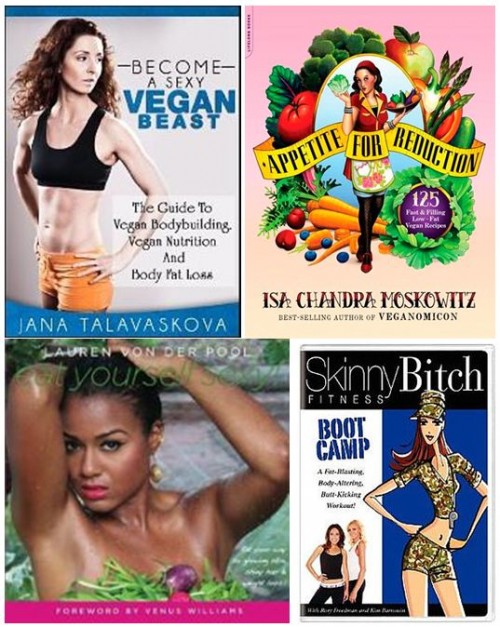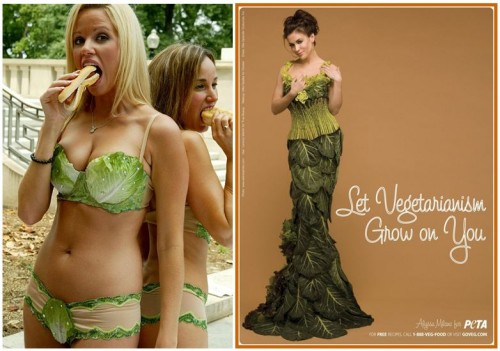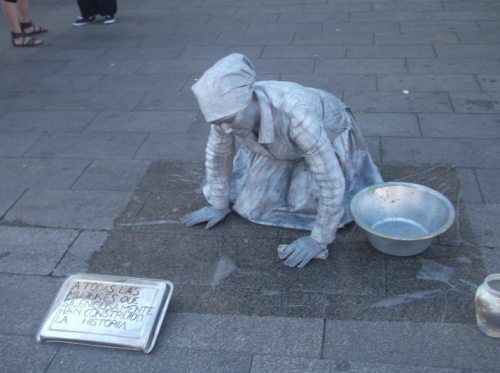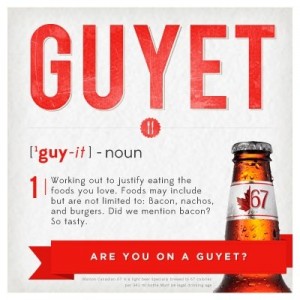Riffing on neologisms like mandles (candles for men), guyliner (mascara for men), and bronuts (donuts for men), comic Zach Weiner explores a dystopian future in which men masculinize their language beyond all recognition. It’s great. See the whole thing here!
Lisa Wade, PhD is an Associate Professor at Tulane University. She is the author of American Hookup, a book about college sexual culture; a textbook about gender; and a forthcoming introductory text: Terrible Magnificent Sociology. You can follow her on Twitter and Instagram.











